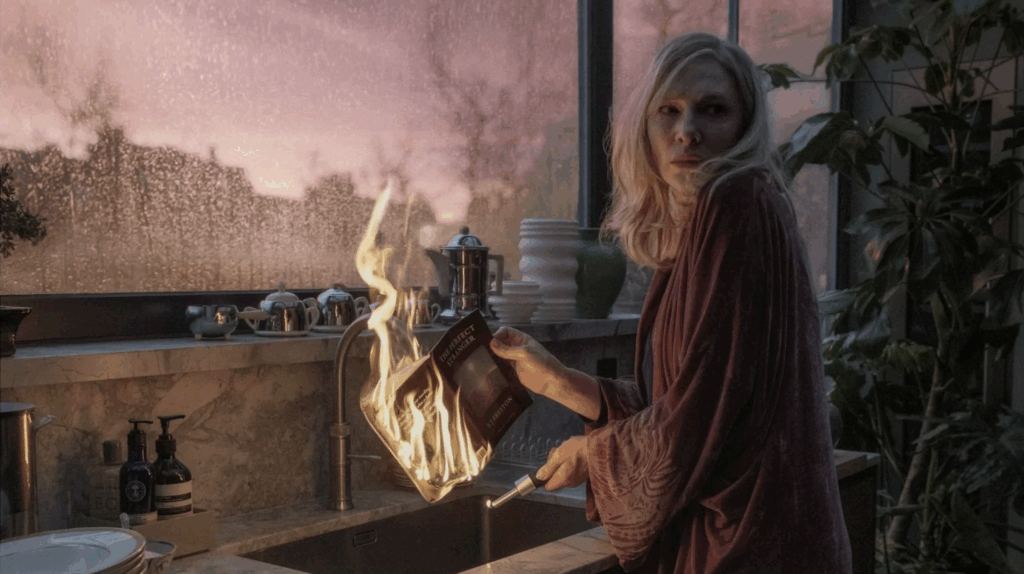Disclaimer (2024)
Between a vengeful misanthrope and the guilt-ridden woman he holds accountable for his son’s death, Alfonso Cuarón studies the confounding subjectivity of storytelling in Disclaimer, exposing painfully conflicting perspectives woven into the very structure of his series.

